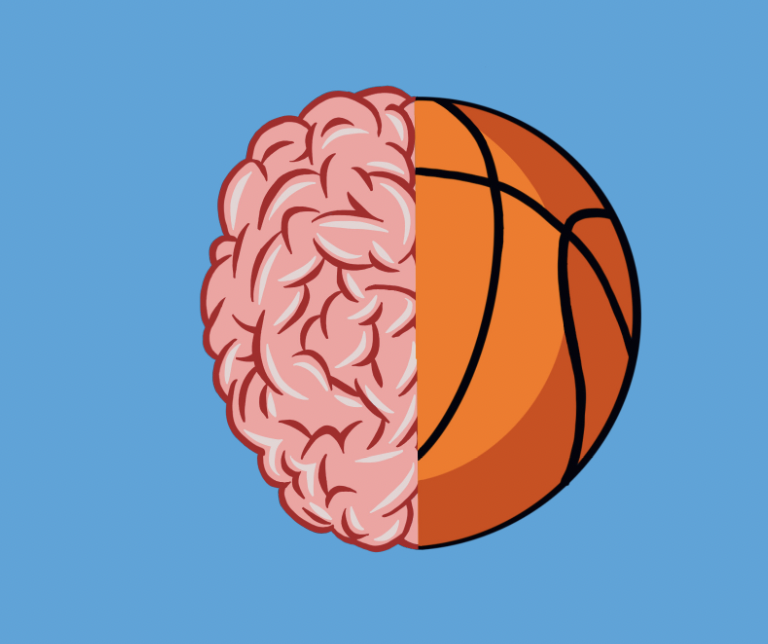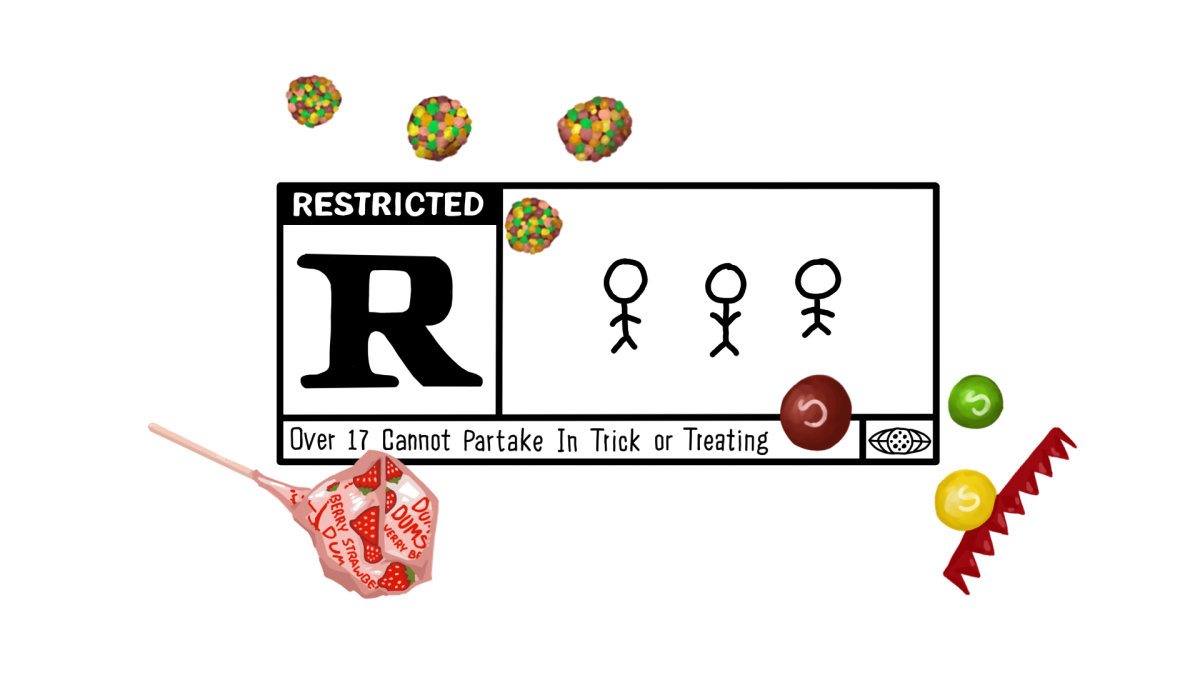We communicate with each other every day, in many different ways, from talking with friends to writing messages. Languages are very important in our lives, and they allow us to converse with each other and share experiences.
English is the most widely spoken language in the world, yet 75% of the world population does not speak it. There are about 7,000 different languages in the world and FHS currently offers four of these as courses – Chinese, Japanese, Spanish and French – giving them the opportunity to enrich themselves with not only the language, but the culture as well. Unfortunately, however, foreign language classes in the U.S. are becoming less common. Only 20% of students in K-12 take a foreign language class and 7.5% of college students are enrolled in language courses, according to the American Academy of Arts and Sciences.
By taking a foreign language, people can learn to write, speak and read in new languages; it also enhances brain functions, specifically memorization skills. This is because learning a new language involves remembering grammar rules and vocabulary. Being able to retain all this information and use it later on improves memory, according to the University of Potomac. Having a good memory is necessary in everyday life, like in school for remembering topics covered in other subjects. A good memory refines our ability to learn from experiences, and take in more information. It also slows down cognitive decline, and can prevent the chances of getting cognitive impairments. To add on, this can even help people get better at their first language communication skills. As people learn about sentence structures, vocabulary and other parts of a foreign language, they are able to relate it to what they know from their first language. As a result, both comprehension and communication benefit, and people can also enhance their communication skills with their first language.
Furthermore, learning a new language develops problem solving skills. Studying a second language requires determination and flexibility, according to the International Center for Language Studies. People are able to think critically through learning new languages. They can continue to develop analytical thinking, for example, learning through analyzing and evaluating texts in the foreign language they are learning, according to the Modern Language Association. These traits can be applied to many different experiences and are necessary in school and careers.
Not only does foreign language education improve brain functions and skills, but it helps people learn about diverse cultures and experiences as well. They can become more respectful of other cultures and traditions, learning about them and understanding others better. Moreover, learning foreign languages also benefits communication skills and people’s ability to see things from new perspectives, according to Cambridge University. People become more empathetic and kind, something that is vital to human interaction and relationships.
Overall, taking a language course and learning new languages is beneficial for everyone. It supports the development of important life skills that are used frequently in our lives and gives us the opportunity to experience cultures and learn something new.





















